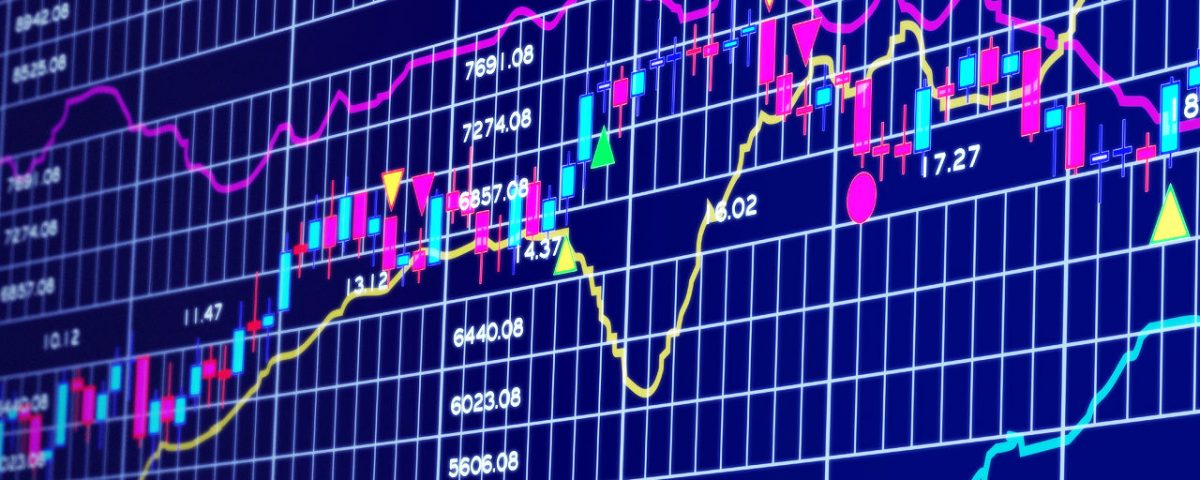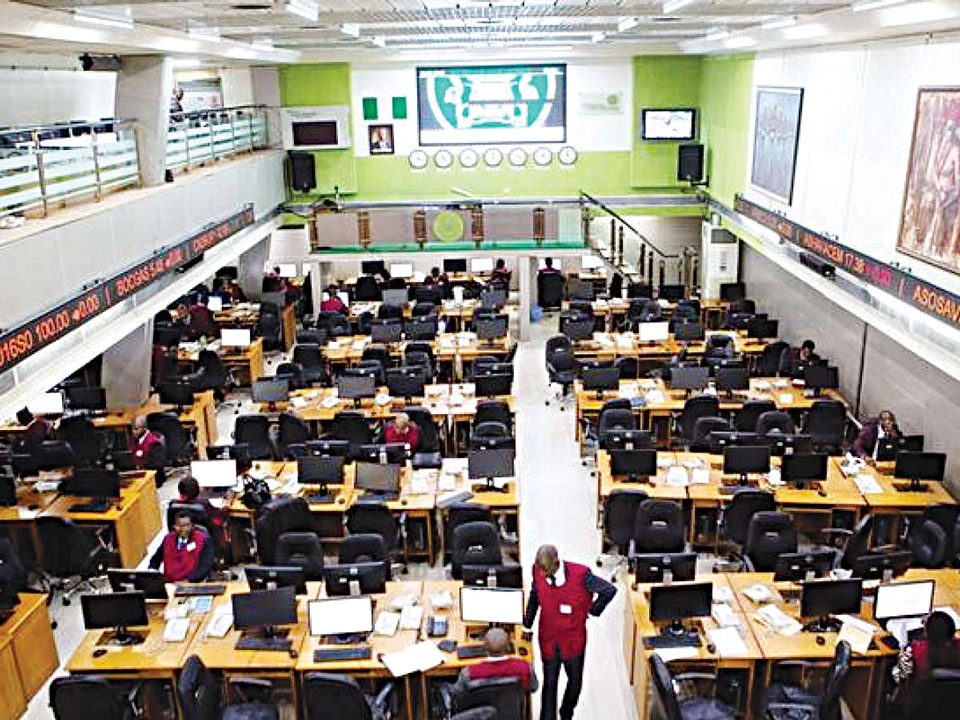World Update: World markets dive as investor panic spreads

World Update: EU negotiator warns ‘not a minute to lose’ in Brexit talks
February 6, 2018
Nigeria Update: NSE all-share index plummets further by 0.9%
February 7, 2018
Panic gripped trading floors across the world on Tuesday, with Asia and Europe plunging after record-breaking losses on Wall Street, as investors fretted over the prospect of rising US interest rates and took profits following months of markets euphoria.
The selloff began last Friday when bright US non-farm payrolls data sparked fears that inflation will surge this year — and that the Federal Reserve will be forced to raise borrowing costs more quickly than anticipated.
In opening trade on Tuesday, European stock markets collapsed by about 3.5 percent, mirroring dramatic falls across Asia.
“It’s not doom and gloom, and it’s not financial markets Armageddon; it’s just a much needed and much overdue correction,” AxiTrader analyst James Hughes told AFP.
“There are four stages of a fall: hope, greed, panic and fear. We are not at fear, but we are at panic at the moment — which is only natural after a 1,175-point fall.”
New York’s Dow Jones Industrial Average saw its steepest ever one-day point drop on Monday, shedding a total of 1,175.20 points or a hefty 4.6 percent in value.
And 10-year US Treasury yields are still hovering at four-year peaks.
European markets later trimmed their gains on Tuesday to stand about 1.5 percent lower compared with Monday’s closing level.
‘Time to take revenge’
“Markets usually grind to the upside, but fall like a rock,” said analyst Naeem Aslam at trading firm ThinkMarkets.
“Traders have been looking at the market for the past year moving in one direction which was skewed to the upside. Now, it’s time for the bears to take their revenge.”
Prior to this week’s chaotic selloff, Wall Street had enjoyed an impressive record-breaking run ever since Trump’s 2016 election on hopes over the US president’s pro-business tax-cutting policies.
Asia and Europe had meanwhile reaped bumper gains from the improving economic outlook.
“If investors had been waiting for an opportunity to take profits, the prospect of higher than expected inflation and tightening by the Fed provided just that,” added Richard Hunter, head of markets at online stockbroker Interactive Investor.
“Rising interest rates, whilst potentially good news for savers, increase the cost of borrowing and the possibility of loan defaults,” he told AFP.
“Mixed in with that, higher bond yields could increase the attractiveness of bonds as an investment destination, some of which will be at the expense of equities.”
On Tuesday, Tokyo stocks led a collapse throughout Asia, briefly diving almost seven percent before closing down 4.7 percent.
Hong Kong lost more than five percent in its worst day since summer 2015, while Sydney and Singapore each sank three percent.
Other assets were also hammered, with lower oil prices scything Asian energy firms, while higher-yielding currencies have been hit by a flight to safe havens.
On currency markets the yen, considered a go-to unit in times of turmoil and uncertainty, climbed against the dollar.
– Key figures around 0930 GMT –
London – FTSE 100: DOWN 1.6 percent at 7,220.04 points
Frankfurt – DAX 30: DOWN 1.8 percent at 12,460.20
Paris – CAC 40: DOWN 1.6 percent at 5,201.73
EURO STOXX 50: DOWN 1.7 percent at 3,418.67
Tokyo – Nikkei 225: DOWN 4.7 percent at 21,610.24 (close)
Hong Kong – Hang Seng: DOWN 5.1 percent at 30,595.42 (close)
Shanghai – Composite: DOWN 3.4 percent at 3,370.65 (close)
New York – DOW: DOWN 4.6 percent at 24,345.75 (close)
New York – S&P 500: DOWN 4.1 percent at 2,648.94 (close)
Euro/dollar: UP at $1.2413 from $1.2373 at 2200 GMT
Pound/dollar: UP at $1.3998 from $1.3958
Dollar/yen: DOWN at 109.07 yen from 109.13 yen
Oil – Brent North Sea: DOWN 50 cents at $67.12 per barrel
Oil – West Texas Intermediate: DOWN 37 cents at $63.78

